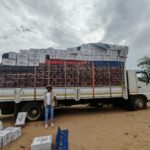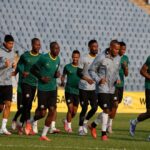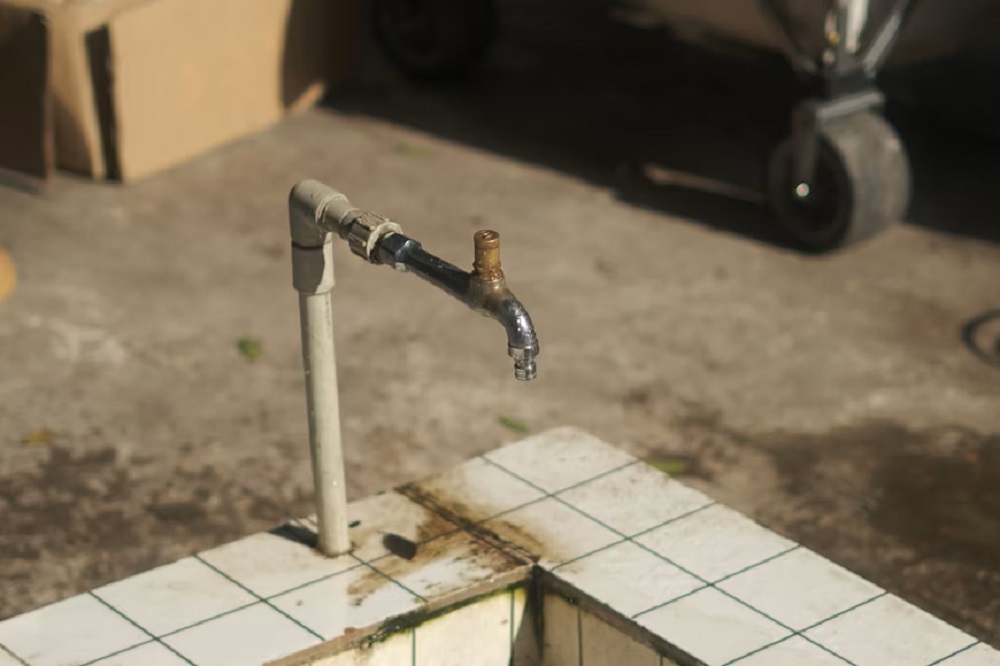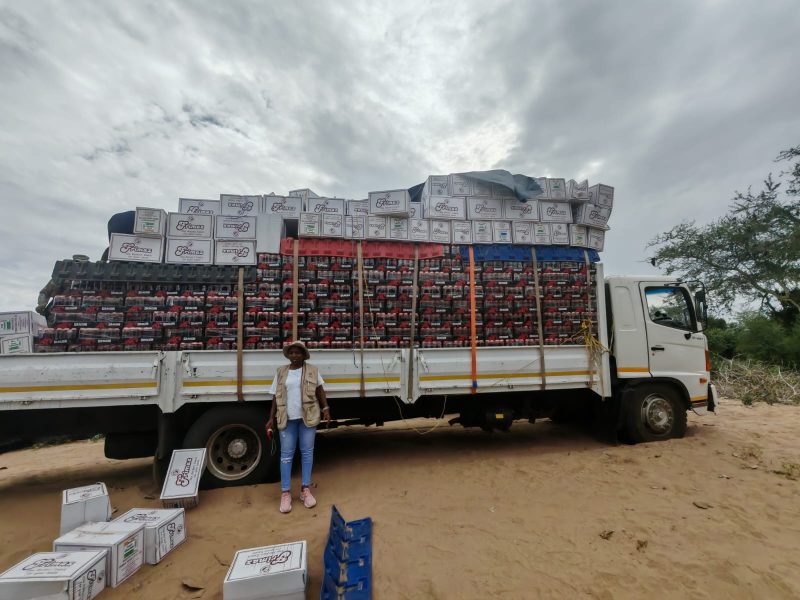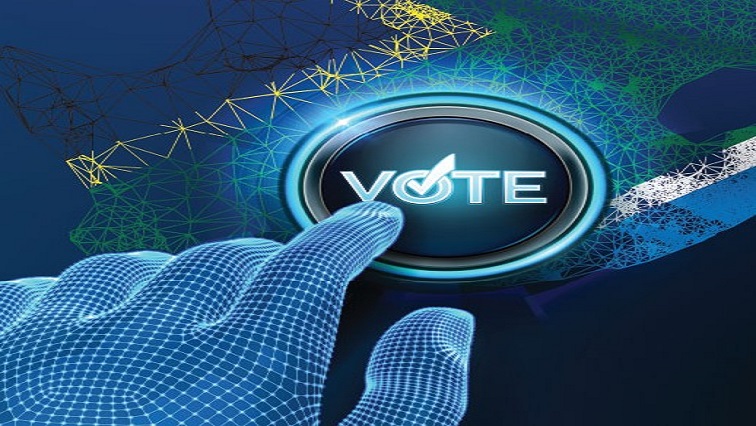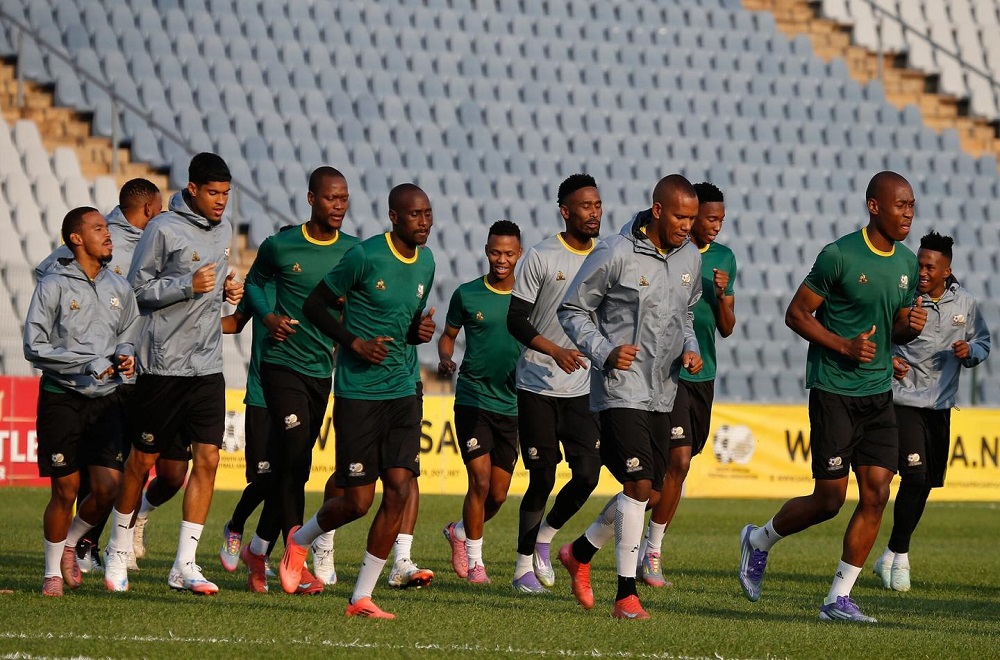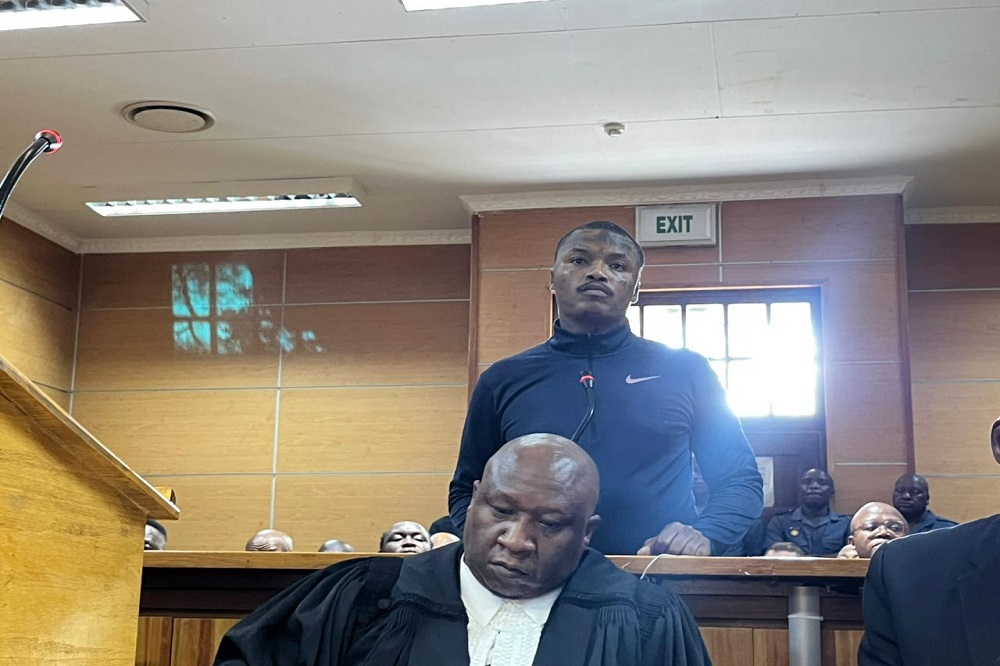-
The SAHRC report found that many South Africans still face critical challenges in accessing clean water.
People living in informal settlements continue to face critical challenges in accessing clean water and sanitation, a basic human right that remains out of reach for many.
The South African Human Rights Commission (SAHRC) released its 2024/2025 Human Rights Report, detailing these struggles and many more.
SAHRC researcher Olga Mahori says the report reveals a troubling truth that millions of South Africans continue to face barriers that strip away their basic rights and dignity.
“Some issues include inadequate funding procurement made for medical supply, infrastructure maintenance, and staffing, low healthcare quality, shortage of nurses and doctors in rural areas increases, patient, waiting time and reducing effectiveness. Many hospitals and units are in a poor condition and lack in essential utilities such as clean water, electricity, backup and emergency transport services. Lack of access to sufficient water and decent sanitation, people in rural areas continue to the lack access to clean water and sanitation.”
The commission identified six municipalities as the worst performers in terms of upholding and enforcing basic human rights, with eThekwini and the City of Cape Town receiving the highest number of complaints from residents.
Head of research Dr Martin Nsibirwa says the complaints raise serious concerns about municipal accountability.
Nsibirwa says racism remains the most pervasive form of inequality; affecting people in every sector of society.
In response, Deputy Minister of Justice and Constitutional Development Andries Nel said government will intensify its efforts through the National Action Plan to combat racism, racial discrimination, xenophobia and related intolerances across the country.
SAHRC Commissioner Dr Henk Boshoff unpacks the details of the report:

